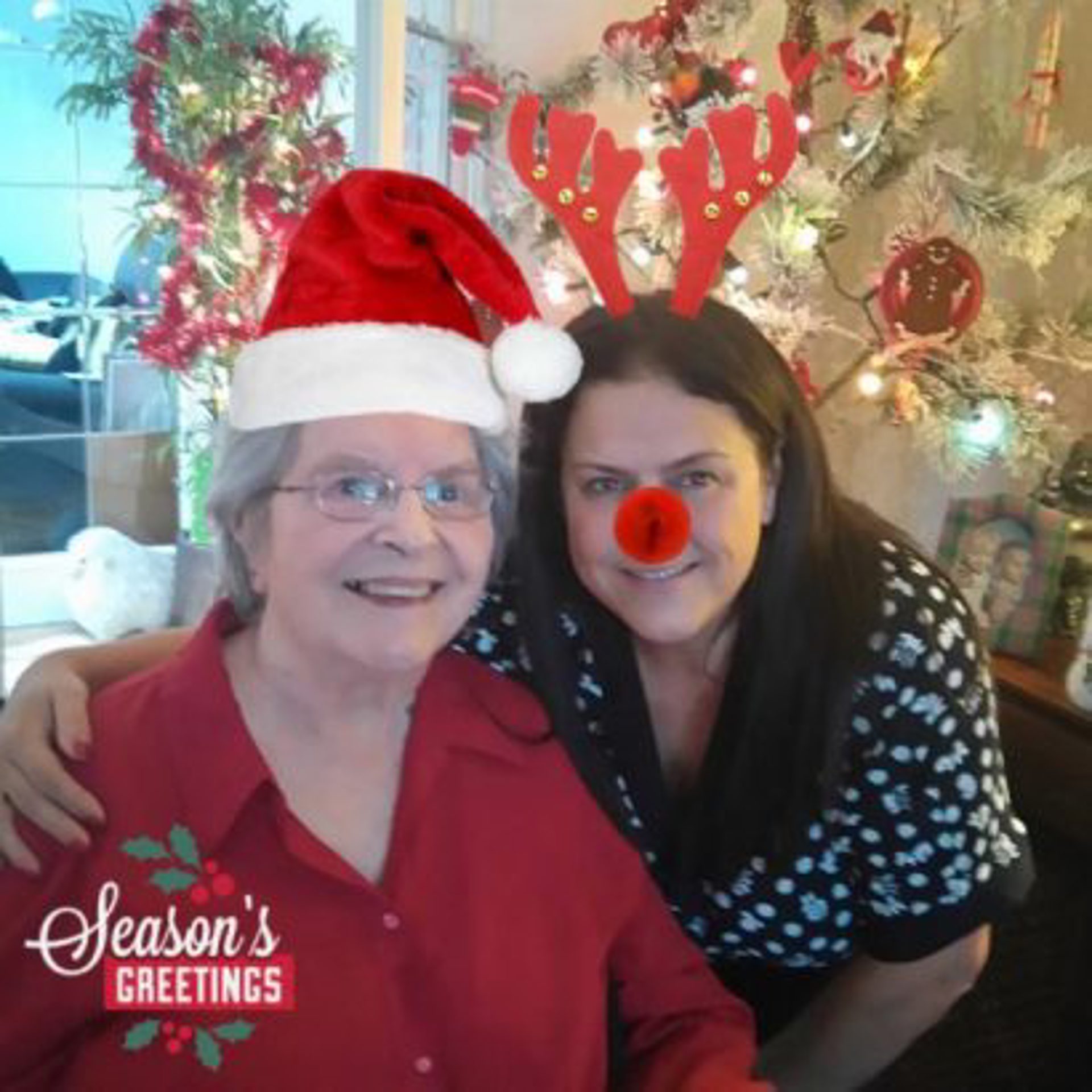Christmas Family Changes. How to plan ahead for successful ageing.
Published: 07/03/2019
This festive season will be different for everyone, for some it might be a chance to relax in your own pine scented sanctuary, for others it might be a more crowded affair with generations coming together and catching up with tales of their daily living and sharing meaningful stories of life experiences.
It’s a unique chance to focus on the people that matter to us and with that said, you may observe some frustration or changes in their daily habits or routines, especially with regards to the elderly members of the family.
Christmas gatherings are great to remind ourselves how differently we all live and respect the individuality of everyone we love. At Right at Home, we specialise in promoting independence for all our Clients and we allow them to do as much for themselves as they can whilst never rushing them.
Successful ageing will require familiar routines, for example, maintaining personal hygiene, eating nutritiously and staying active. Surrounding yourself with caring, positive people will involve familiar faces of family, friends and the wider community. Getting some professional help and support at home is not so familiar.
Here is some advice and suggestions of how you could assist your independently proud relatives, to consider the right planning and support to help maintain and manage their chosen lifestyle in the comfort of their own home.
How do we approach the subject and when is it the best time? I’m afraid like all good planning, it’s before things get out of control. The Right communication.
Fortunately, our team of professionals have already anticipated barriers and reservations about conversations covering health, preferences and the legal needs of older relatives. We offer families a free initial assessment with tools and pointers when talking through a relative’s options for their personal affairs and assistance to live safely at home.
Below are 3 simple steps that might help you communicate effectively with family members and help them to maintain their independence.
Step 1: Gather important information.
Working on gathering written information is a great starting point to assist families in collecting the pertinent details about health, doctors, family history, insurance and other key personal facts. Perhaps, creating a folder together could keep all the relevant information in one place. Because ageing relative’s health may vary, it is essential to learn specifics about their individual current conditions and medical care. The following suggestions for the information-gathering stage can help with wise choices moving forward:
Make a note of what you see occurring. Have you noticed that your family member can no longer perform specific tasks or activity. Listen to your inner voice. That internal messenger could be telling you something is not quite right with your loved one or that their condition is changing.
If possible, perhaps accompany your ageing relative to doctor appointments so you can also hear information first-hand and can get a true picture of their condition.
Ask about medications. You can obtain information about medications and their adverse effects from a doctor, pharmacy or reliable source from the library or internet. Problems arise when medications expire, are taken at the wrong dosage or interfere with a different medication.
Step 2: Organise tasks and who’s available.
An action plan will need to be discussed and agreed with family members to provide necessary support – listing to-dos in the action plan will help confirm who does what. A checklist could include a variety of different tasks such as gardening, financial management, meal preparation or help with personal hygiene. Who will be the person responsible to assist and support? Who is available for emergency incidents?
Step 3: Plan in case of unexpected hospital visits.
A fall, the flu, any affliction or medical crises can lead to a family member being admitted to hospital. Then as a patient prepares to be discharged, a number of questions and concerns can arise about returning home. We always provide a hospital passport for our Clients, letting the hospital know about their preferences and important information and we continue to communicate with the hospital regularly.
Did you know that our local hospitals allow personal items into the hospital for a more comfortable stay? Information is essential regarding, what medications should I take and what medication schedule will I follow at home. What activities am I allowed to do and what activities should I avoid. What are my dietary restrictions and nutritional requirements.
When it comes to successful ageing, open communication among family members could be very beneficial. Sometimes, it can be challenging for family members to have conversations with an ageing relative who may fear losing their independence but taking the initiative to talk with them honestly and compassionately can strengthen your relationship for the seasons ahead.
We wish you a very happy festive season with your unique family x

